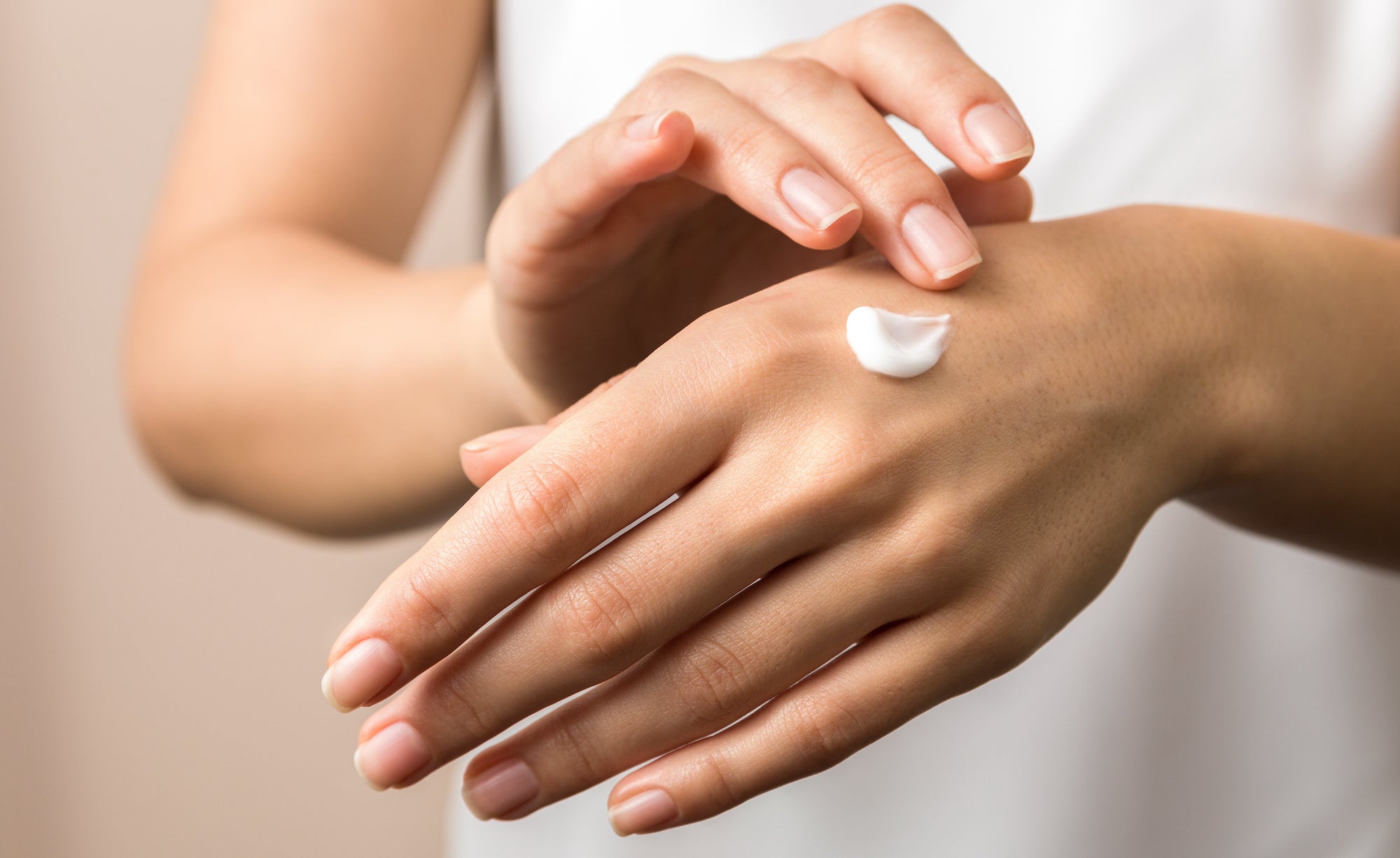
How Eggs Can Aggravate Acne-Prone Skin
For many of us, eggs are a staple breakfast item and a versatile ingredient in countless recipes. They're rich in protein, vitamins, and minerals, making them a popular choice for a healthy diet. However, if you have acne-prone skin, eggs might not be as beneficial as you think. Let's delve into why eggs could be a potential culprit for your skin woes.
Oxygenetix fan Savanna Boda @thedallasaesthetician shared this infographic on her Instagram about the link between eggs and acne.
Hormonal Content
Eggs, particularly those from factory-farmed chickens, can contain hormones such as progesterone that might exacerbate acne. Chickens are often given hormones to increase egg production, and these can end up in the eggs we consume. When we eat these hormone-laden eggs, they can disrupt our own hormonal balance, potentially leading to increased oil production in the skin and more breakouts.
Progesterone stimulates the sebaceous glands to produce excess oil and sebum. Excess oil production can lead to clogged pores, which creates an environment conducive to acne-causing bacteria.
Allergic Reactions and Sensitivities
Even if you're not allergic to eggs, you might have a sensitivity to them. Food sensitivities can cause inflammation in the body, which often manifests as skin issues like acne. If your body has trouble digesting eggs, this can lead to systemic inflammation, contributing to clogged pores and acne flare-ups.
High Biotin Content
Eggs, especially the yolks, are high in biotin (vitamin B7). While biotin is great for hair and nail health, excessive amounts can interfere with the absorption of other important skin nutrients like vitamin B5 (pantothenic acid). Vitamin B5 is crucial for regulating the skin's oil production, and a deficiency can lead to increased sebum production and acne.
Albumin Content
Albumin, the main protein found in egg whites, can contribute to acne in some individuals through several mechanisms. When consumed, albumin can increase levels of insulin-like growth factor-1 (IGF-1), a hormone that stimulates sebum production and can lead to clogged pores and acne.
Additionally, albumin can sometimes trigger an immune response in people who are sensitive or allergic to eggs, leading to inflammation and exacerbating acne. While not everyone will experience acne from consuming eggs, those prone to hormonal fluctuations or food sensitivities might find that reducing or eliminating egg consumption helps improve their skin condition.
Iodine Excreted through Sebaceous Glands
Iodine, found in eggs, can exacerbate acne by increasing inflammation and irritation in the skin. When iodine is ingested, it can be excreted through the sebaceous glands in the skin, potentially causing irritation and inflammation, which can lead to or worsen acne breakouts. This effect is more pronounced in individuals who are already prone to acne or have sensitive skin. While iodine is an essential nutrient for thyroid function, excessive intake can aggravate acne, making it beneficial for those with acne-prone skin to monitor and possibly limit their consumption of iodine-rich foods like eggs.
High in Arachidonic Acid
Eggs, particularly the yolks, contain arachidonic acid, a type of omega-6 fatty acid. While our bodies need a balance of omega-6 and omega-3 fatty acids, an excess of omega-6 can promote inflammation. This inflammation can aggravate acne-prone skin, leading to more frequent and severe breakouts.
What Can You Do?
If you suspect eggs are contributing to your acne, consider eliminating them from your diet for a few weeks to see if your skin improves. Here are a few tips to help you navigate this change:
Monitor Your Diet: Keep a food diary to track what you eat and how your skin reacts. This can help you identify any other potential triggers.
Seek Alternatives: There are plenty of egg substitutes available, such as flaxseed meal, chia seeds, or commercial egg replacers. Experiment with these in your cooking and baking.
Consult a Professional: A dermatologist or nutritionist can provide personalized advice and help you create a balanced diet that supports clear, healthy skin.
Use Oxygenetix To Help Maintain Clear Skin: What you put on your skin is as important as what you ingest for your skin. Oxygenetix offers base makeup that helps maintain clear skin by keeping your pores clear and providing skincare benefits. For those who are acne-prone, Oxygenetix Acne Control Foundation and Pore Clarifying Hydro-Matrix contain salicylic acid along with skin loving ingredients that help combat acne-causing bacteria while protecting the skin from further breakouts.
While eggs offer many nutritional benefits, they can also pose problems for those with acne-prone skin. By understanding how eggs might be affecting your skin and making mindful dietary adjustments, you can take proactive steps toward achieving a clearer complexion. Remember, everyone's skin is different, so what works for one person may not work for another. Pay attention to your body and skin's signals, and don't hesitate to seek professional guidance on your skincare journey.


اترك تعليقًا
This site is protected by hCaptcha and the hCaptcha Privacy Policy and Terms of Service apply.